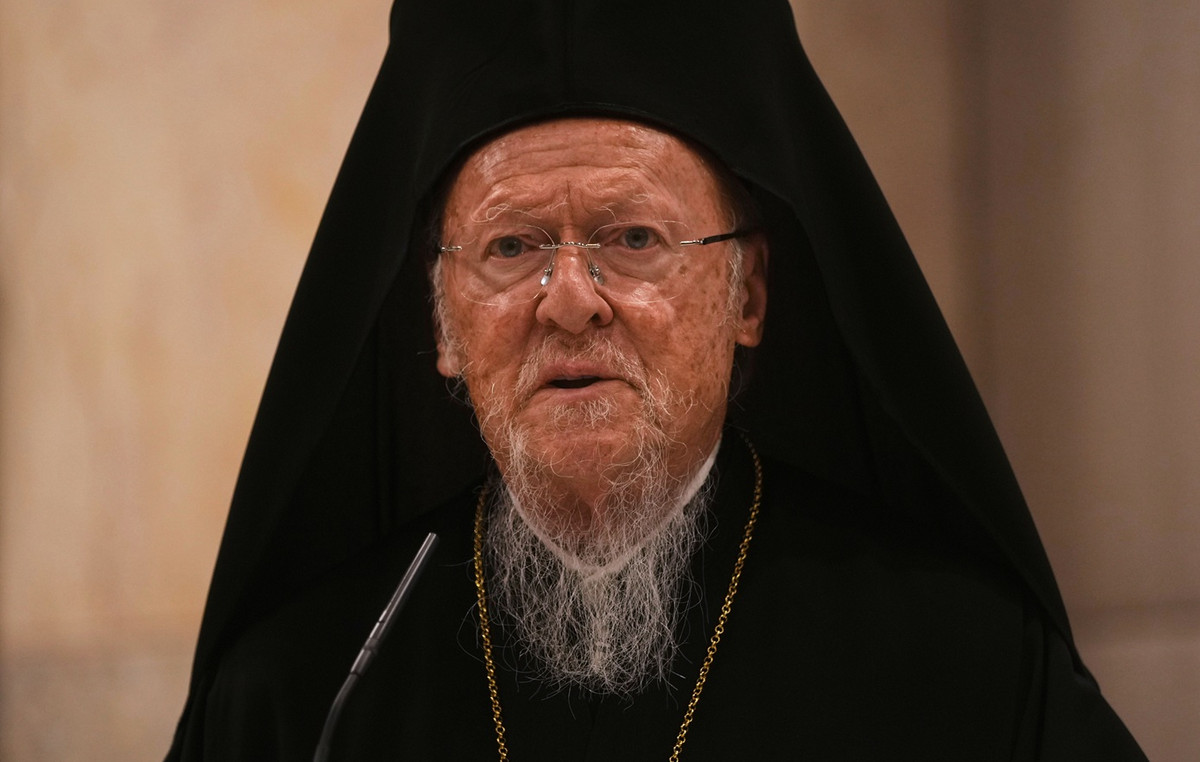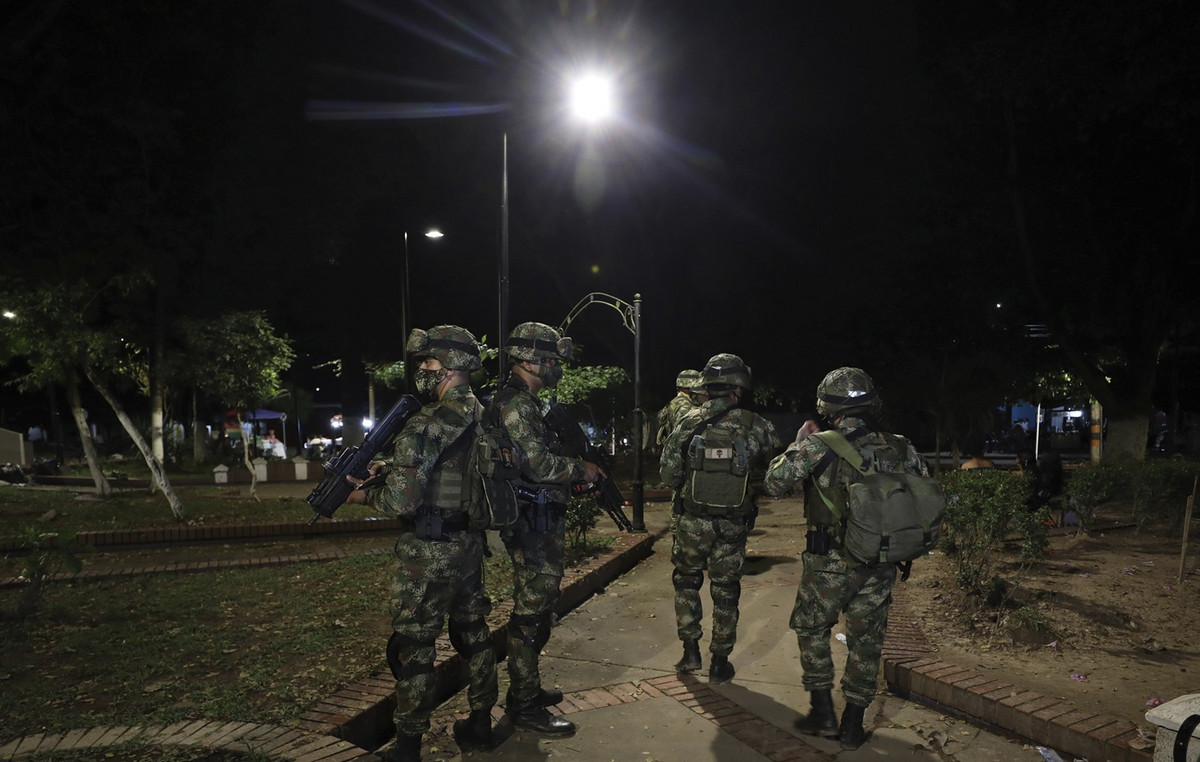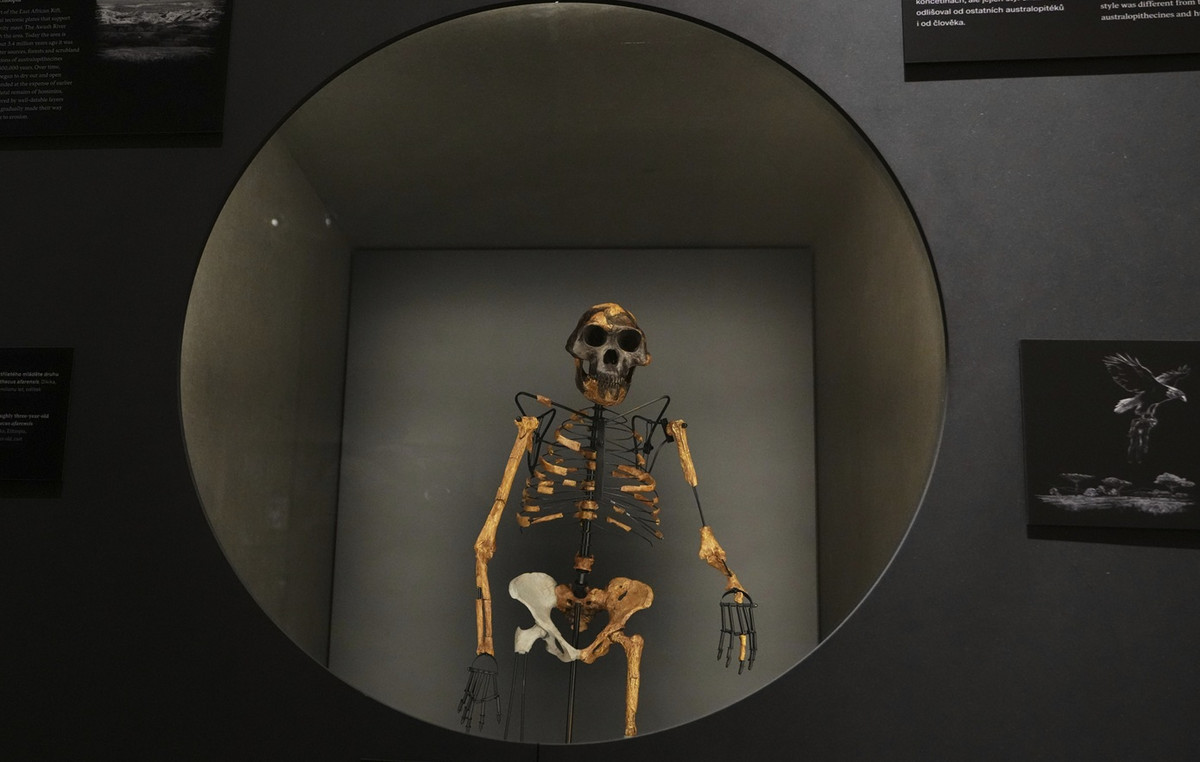A major failure that compromises the functioning of interconnected systems and, therefore, can affect a significant portion of its users and all services linked to the functioning of these systems. This is what characterizes a cyber blackout, according to Marcelo Lau, an expert in electronic security and master in electronic systems from the Polytechnic School of the University of São Paulo (USP).
In an interview with CNN the professor at the Faculty of Informatics and Administration of São Paulo (FIAP) explained that the word “cybernetic” serves precisely to define the branch of studies that looks at interconnected systems. He explained that, in the case of the cyber blackout that occurred this Friday (19), the flaw was presented in the update of Crowdstrike, a cybersecurity program, which affected the functioning of the Windows operating system.
“A critical situation like this, which involves the attack of a widely used operating system combined with a security solution such as crowdstrike, ended up resulting in a series of functional losses of the operating system and, consequently, of any and all service applications maintained on this environment,” stated Lau.
Diogo Cortiz, a professor at the Pontifical Catholic University of São Paulo (PUC-SP) and a specialist in Intelligence Technologies and Digital Design, said that the scale of Friday’s cyber outage was proportional to the number of customers that Crowdstrike has around the world.
“Airlines, hospitals, public services. All of these companies ended up being affected,” he said. “Companies started receiving this update, the system had this penalty that affected customers and this led to the situation we are experiencing today.”
For Cortiz, the situation illustrates humanity’s dependence on specific suppliers, which, when they fail, can single-handedly compromise the functioning of a wide range of services offered around the world.
“We had companies all over the world, in different segments, that were offline due to a specific technology supplier,” he added.
Effects of this Friday’s cyber blackout
Major U.S. airlines ordered groundings on Friday (19), citing communications problems, while other carriers, media companies, banks and telecommunications firms around the world also reported that system failures were disrupting their operations.
The problem has led to the cancellation of thousands of flights around the world. As of 7 a.m., 1,390 flights had been canceled out of more than 110,000 scheduled departures.
In Australia, media, banking and telecommunications companies suffered disruptions. Several countries in Asia were also affected, as well as in Europe.
In Germany, one of Europe’s largest healthcare facilities, the German University Medical Center Schleswig-Holstein (UKSH), canceled all elective procedures on Friday, according to a statement on its website.
In Brazil, airlines, banks, hospitals, car rental services and even the Supreme Federal Court (STF) have seen their operations impacted.
How long will it take to restore systems?
Fully reestablishing operating systems and the consequent normalization of the consequences of the cyber attack is a complicated task, as explained by Marcelo Lau. According to the FIAP professor, the current recommendation is that technicians act manually, machine by machine, to correct the problems presented by the Crowdstrike failure.
“Given the fact that some companies have numerous systems, machines, workstations, servers, services — whether on their own premises or in a cloud environment — this tends to generate consequences throughout the day, at the very least. If this does not extend until the end of the week,” he reinforced.
In other words, the larger the workforce allocated to the technology area of companies, the faster things will return to normal. The problem, however, is the knock-on effects.
“If I’m at the airport, waiting to board, and I’m counting on the service to return, I would say the impact is clear and long-lasting until the problem is resolved,” Lau said.
See photos of the cyber blackout around the world
Source: CNN Brasil
Charles Grill is a tech-savvy writer with over 3 years of experience in the field. He writes on a variety of technology-related topics and has a strong focus on the latest advancements in the industry. He is connected with several online news websites and is currently contributing to a technology-focused platform.







